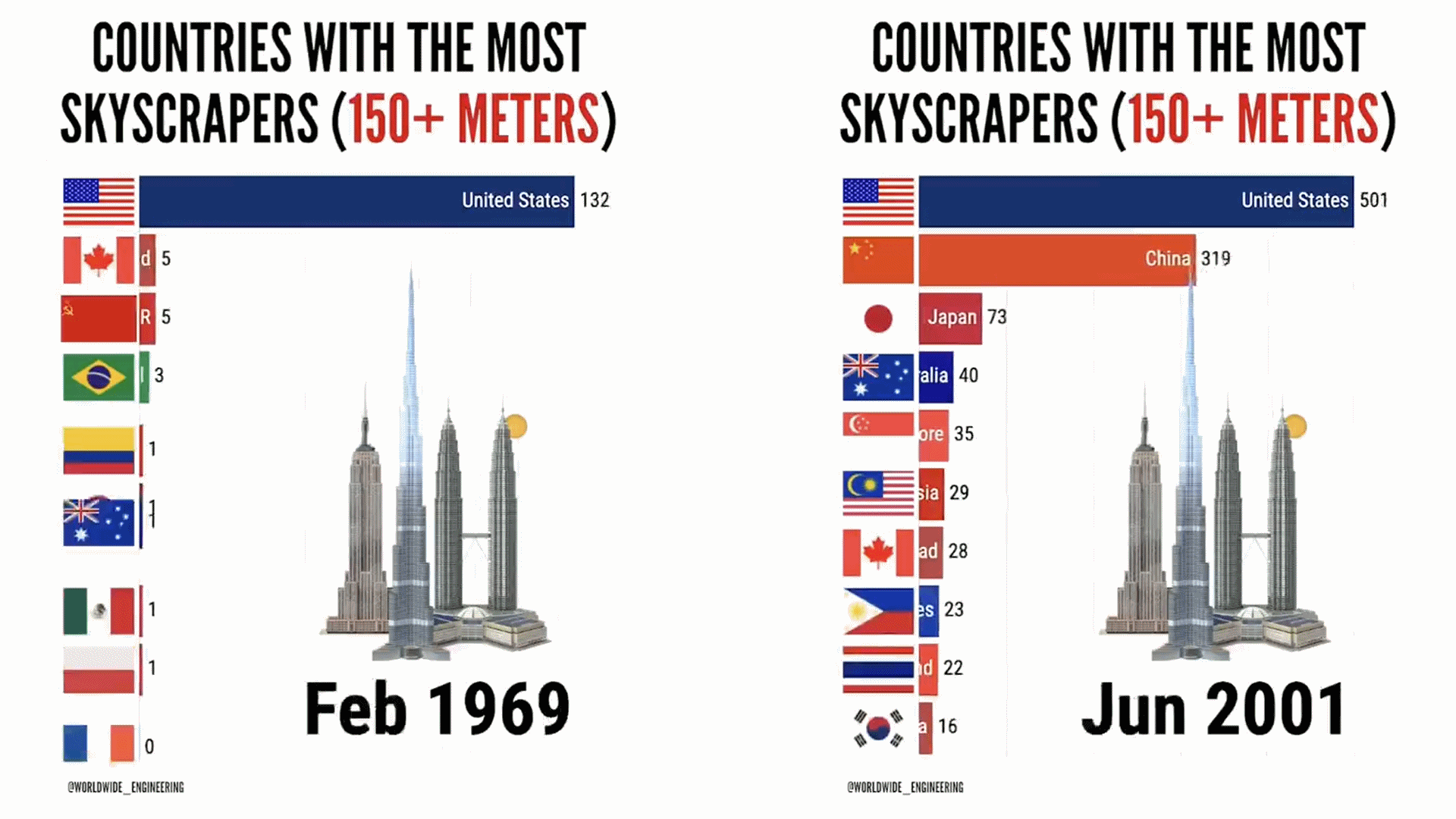LONDON — It’s looking like a good year for stock market debuts in the U.S. and China, which are seeing big tech names like Palantir and Ant Group list their shares. So why is Europe falling behind?
The continent has struggled to produce many notable initial public offerings in the tech space, in stark contrast to a couple of years ago when the likes of music streaming service Spotify and payments processor Adyen went public.

Simon Dawson | Bloomberg via Getty Images

According to data from the capital markets research firm PitchBook, Europe has seen just 26 venture capital-backed IPOs this year, less than half of those in the U.S., 70, and less than a third of China’s 92. And European tech IPOs fetched a total value of just $6.7 billion year-to-date compared to $72.8 billion in China and $118.19 billion in the U.S.
There have been some bright spots: U.K. e-commerce group The Hut Group debuted last month, with a strong reception from investors, netting about £920 million ($1.2 billion) on the day of its IPO. But even Balderton Capital, an early backer of the company, admits it’s been a quiet year so far for European tech IPOs.

“There’s no doubt that European tech IPOs are behind the U.S. and Asia, that’s always been the way,” Suranga Chandratillake, a general partner at Balderton, told CNBC in an interview. “We’ve seen a few good ones this year. I think there could well be more to come.”
While there have been impressive flotations from European tech companies over the past few years, “the frustrating thing is many of them are choosing to go public in the U.S. rather than in Europe,” Chandratillake said. Namely, more firms are turning to New York rather than London, Frankfurt, or Amsterdam.
Why is Europe falling behind?
Research by McKinsey suggests some underlying issues may be to blame. Based on an analysis of PitchBook data, the consultancy found that Europe produced over a third of the world’s start-ups in the last decade but made up only 14% of the so-called “unicorn” companies with a valuation of $1 billion or more.
That hints at a scalability problem. While the continent’s tech industry has grown considerably over the years, some start-ups struggle to get past the later stages of growth amid hurdles to fundraising and talent acquisition. According to McKinsey, European start-ups raised just 8% and 13% of the respective “Series D” and “Series E” late-stage capital captured by their U.S. counterparts.

Meanwhile, European start-up founders complain that the region’s rules surrounding employee stock options — which give staff the ability to own shares in their company — are fragmented and less favorable than in the U.S. An IPO is considered an important “liquidity event” for employees and early investors, as it allows them to cash in their holdings.
“These issues can make European start-ups more inclined to limit risk when pursuing exit strategies, including by spending too little on expansion,” McKinsey’s technology, media and telecommunications team wrote in a recent article.
“In some cases, rapidly growing European start-ups may have factored concerns about their abilities to raise large amounts of follow-up capital into the decision to be acquired by U.S. competitors instead of trying to become global players on their own.”
Strong IPO pipeline
Still, there are several companies in Europe that look closer on the path toward an IPO than ever. A list compiled by European tech outlet Sifted singles out the likes of money transfer platform TransferWise and cybersecurity firm Darktrace as potential candidates.
Klarna is another name many are expecting to go public, having raised fresh funds at a $10.6 billion valuation last month. The fintech firm’s CEO, Sebastian Siemiatkowski, told CNBC such a listing likely won’t be for another two years. But he expressed some admiration for Spotify’s unconventional route to market: a direct listing.
“I’m really impressed by what Spotify did on the direct listing,” he said in a recent interview. In short, a direct listing allows firms to go public without offering new shares, meaning they don’t raise any funding. “I think that’s interesting, and I at least personally expect more companies to do that.”
But for Klarna to get to an eventual listing, Siemiatkowski wants the firm to become a “household brand” in the U.S., something that’s still “months out.” It highlights a common prerequisite for many European start-ups: the need to gain an international presence before listing.
Year of the ‘SPAC’
One thing Europe has missed out on in 2020 is the variety in approaches to listing overseas.
This year has, for example, seen the rise of the so-called “SPACs” — or special purpose acquisition companies — in the U.S., blank-check firms that raise funds to buy another business and take it public. Separately in China, Shanghai and Shenzhen are competing for tech listings with Nasdaq-style boards.
“I’m not sure you can do a copy-paste of these things in Europe,” Adam Kostyál, Nasdaq’s European listings head told CNBC, referring to SPACs. “A SPAC requires a certain type of investor. You need a very clear structure.”
“This is not a bandwagon trend which Europe would just jump on but I think it’s being carefully evaluated in each market,” Kostyál said, adding that the Nasdaq-run Stockholm stock exchange is “looking to adopt as much as we can the U.S. structure.”
Chandratillake said he finds SPACs “really interesting” but believes they highlight the “inefficiency” of IPOs. Some notable venture capitalists, like Benchmark’s Bill Gurley, claim the traditional IPO process benefits investment bankers and their clients to the detriment of tech companies and their early investors.
What needs to happen?
On a simpler level, what Europe needs is obvious: more tech IPOs. Chandratillake said that more tech listings in the region could help create a “virtuous circle” of tech listings, industry analysts, and more investors following European tech stocks.
“We are genuinely creating multi-billion dollar companies in Europe,” he said. “We need to make sure they’ve got the opportunity to not just get their early-stage funding but late-stage funding in Europe and to go public in Europe.”
Kostyál said that companies have been staying private for longer in both the U.S. and Europe as they’re still able to access capital in later stages of funding. “Hopefully the future has more to offer in terms of the transition from private to public.”
Nevertheless, many tech investors are optimistic about the region’s tech IPO prospects. Jan Hammer, a partner at Index Ventures, told CNBC he thinks there’s “a very healthy pipeline of IPO opportunities across the board.”
Hammer noted that one of this year’s big IPOs — video game software maker Unity — was founded out of Denmark, while the market values of Spotify and Adyen are narrowing in on that of Uber’s. “We don’t view the IPO as an exiting moment but a next step in the chapter of a company.”
Related Posts
CNBC / Balkantimes.press
Napomena o autorskim pravima: Dozvoljeno preuzimanje sadržaja isključivo uz navođenje linka prema stranici našeg portala sa koje je sadržaj preuzet. Stavovi izraženi u ovom tekstu autorovi su i ne odražavaju nužno uredničku politiku The Balkantimes Press.
Copyright Notice: It is allowed to download the content only by providing a link to the page of our portal from which the content was downloaded. The views expressed in this text are those of the authors and do not necessarily reflect the editorial policies of The Balkantimes Press.






